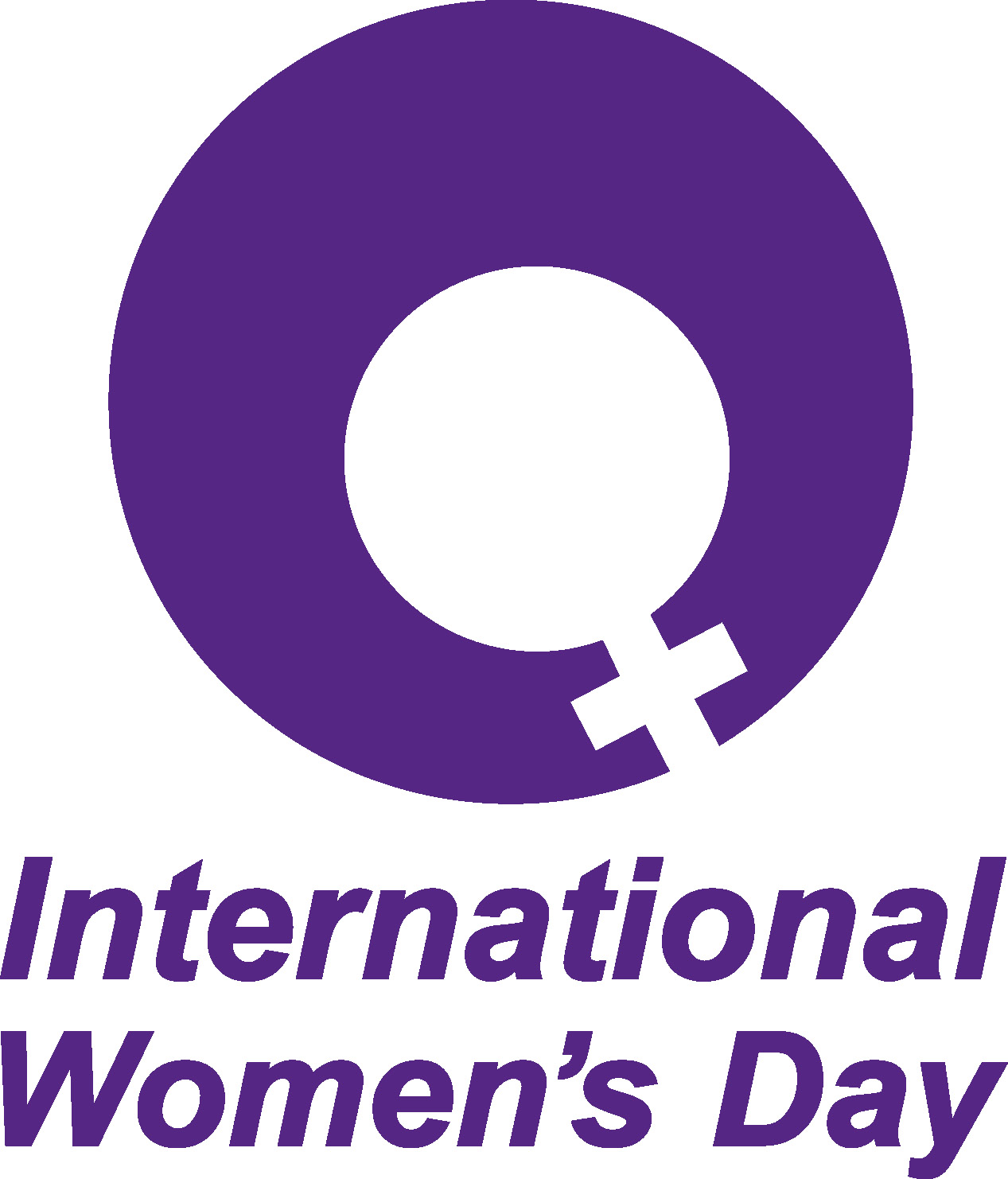Let's Make International Women's Day Inclusive
People have been marking Women’s Day for more than 100 years -- since 1909, in fact. The United Nations made it official in 1975, naming March 8th as a day of celebration. Thousands of events are held and there’s lots of talk about change but are we really making progress when it comes to gender equality?
We look around the world and find that women still face daunting barriers when it comes to political participation, education, economic prosperity and living without fear of violence and discrimination. And you don’t have to look hard. Turkish President Erdogan personified the problem when he told a women’s justice summit last fall that women are not equal and should focus on being mothers.
International Women’s Day is a time to reflect on our progress so far, to resolve to make further changes and to celebrate acts of courage and determination by ordinary women who worked to make a difference in their communities. It’s true that there is general agreement among progressive people that gender equality is an essential part of social justice, sustainable development, peace and security. So what’s holding us back?
Generally speaking, it’s not a question of law. The equality of women is explicitly recognized in the Universal Declaration of Human Rights and the Convention on the Elimination of All Forms of Discrimination Against Women. This firm legal foundation has helped advance gender equality and women’s human rights internationally. But it’s not enough.
Unfortunately, discussion about gender equality can cause a lot of eye-rolling. It’s a little like trying to start a conversation about global warming. It’s considered obsolete – even a little grating. And maybe the essence of the problem is that it generally became an “us-versus-them” issue where many men are left feeling defensive and unsure of new boundaries or simply indifferent to what they consider a “women’s issue”.
Hope comes in the form of campaigns like HeForShe and A Call to Men. These movements recognize that men have often been excluded from the discussion and efforts to make change and that an inclusive approach makes sense. By embracing everyone under one banner of gender equality, the momentum gathers steam.
At the root of all discrimination and victimization lie the constructs and assumptions of our socialization. Men have been taught to be tough, fearless and to objectify women and these limiting beliefs are more deeply ingrained than most of us realize. Even Tony Porter, founder of A Call to Men was dismayed to realize that he treated his young son differently from his daughter by insisting that he not cry.
Societal assumptions of stereotypical “manhood” limit men’s abilities to help make change. By acknowledging these limits and working together for true gender equality, all people can shift paradigms in thinking more quickly and help build an equitable world where violence and victimization of vulnerable persons, especially women and children are unacceptable.
